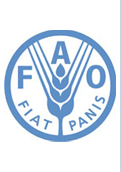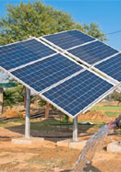The Coming of the Petroyuan?
China’s launch of a yuan-denominated oil futures exchange will provide it with the opportunity to create an Asian crude oil benchmark and give it more clout in crude pricing and for promoting the yuan as a truly global currency.
- Shebonti Ray Dadwal
- February 22, 2018













